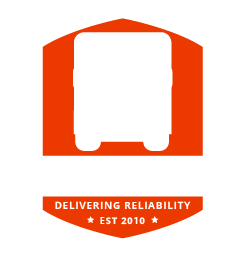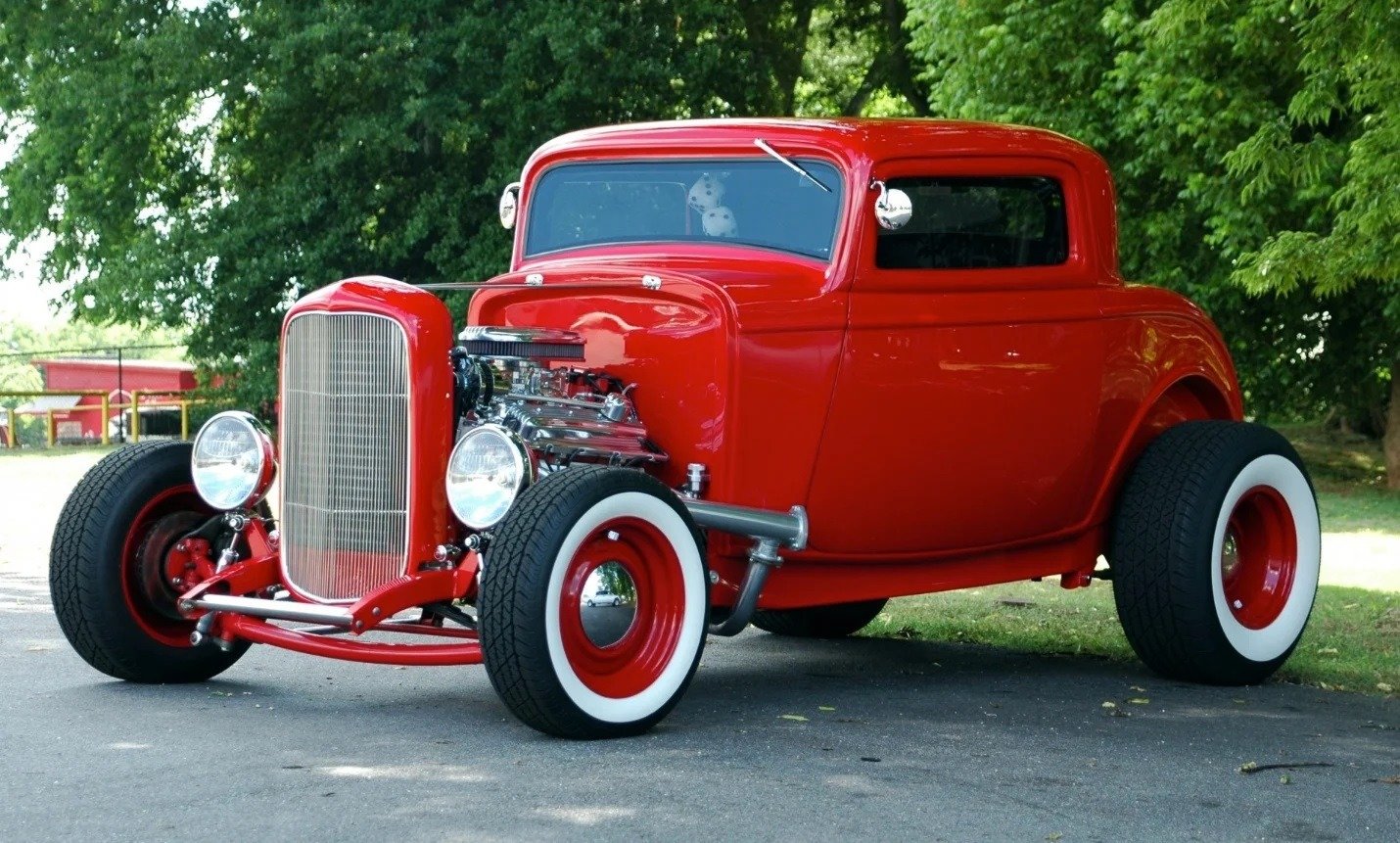If you’re a proud owner of a classic car in the Dallas-Fort Worth (DFW) area, you know how precious and valuable your vintage automobile is. Whether it’s a meticulously restored muscle car, a vintage luxury vehicle, or a timeless classic, shipping it safely and securely is a top priority when you need to transport it across the DFW region or beyond. In this article, we’ll delve into the essential aspects of shipping a classic car in DFW, ensuring you have all the necessary information to protect your prized possession during transit.
Assessing Your Classic Car’s Value:
Before you embark on the journey of shipping your classic car, it’s crucial to assess its value. Classic cars often hold sentimental and financial significance, and knowing their worth will help you make informed decisions regarding transportation methods and insurance coverage.
Getting a Professional Appraisal
Consider hiring a professional appraiser who specializes in classic cars. They can provide an accurate valuation, taking into account factors like the car’s condition, rarity, and historical significance.
Choosing the Right Transport Method
Selecting the appropriate transport method is a critical step in ensuring your classic car arrives at its destination unscathed. DFW offers various options for shipping classic cars, each with its own pros and cons.
Enclosed Transport for Classic Cars
When it comes to shipping a classic car in the Dallas-Fort Worth (DFW) area, one of the most crucial decisions you’ll need to make is choosing the right transport method. Among the various options available, enclosed transport stands out as the preferred choice for many classic car owners. In this section, we’ll delve into the details of enclosed transport and why it is often considered the best choice for transporting precious vintage automobiles.
What is Enclosed Transport?
Enclosed transport, as the name suggests, involves shipping a classic car in a fully enclosed trailer. Unlike open transport, where vehicles are exposed to the elements and potential road debris, enclosed transport provides a protective barrier around your classic car throughout its journey.
Why Choose Enclosed Transport for Your Classic Car?
Protection from the Elements:
Classic cars, especially those with sensitive finishes or convertible tops, are susceptible to damage from rain, hail, dust, and UV rays. Enclosed transport shields your vehicle from these external factors, ensuring it arrives in the same pristine condition as when it was loaded onto the trailer.
Security:
The enclosed trailer offers enhanced security. Your classic car is not visible to passersby, reducing the risk of theft or tampering during transit.
Reduced Risk of Damage:
With the added layer of protection, enclosed transport significantly reduces the risk of dings, scratches, or other damage caused by road debris or other vehicles. This is particularly crucial for high-value classic cars.
Custom Fit:
Enclosed transport often provides customized options for securing your classic car. This ensures that your vehicle is securely anchored and won’t move during transit.
When to Choose Enclosed Transport?
While enclosed transport offers numerous benefits, it may not be necessary for all classic cars. Here are some scenarios where choosing enclosed transport makes the most sense:
- High-Value Vehicles: If your classic car holds substantial monetary value, opting for enclosed transport is a wise investment to protect your asset.
- Rare or Irreplaceable Cars: Some classic cars are one-of-a-kind or extremely rare. For these irreplaceable treasures, the added protection of enclosed transport is essential.
- Sensitive Finishes: Classic cars with delicate or custom paint jobs, as well as convertible tops, benefit greatly from enclosed transport, which shields them from potential damage.
- Long-Distance Shipping: If your classic car is traveling over long distances, it will encounter various weather conditions and road hazards. Enclosed transport provides peace of mind during extended journeys.
Cost Considerations
It’s important to note that enclosed transport is generally more expensive than open transport. The added cost reflects the enhanced protection and security it offers. When deciding on enclosed transport, factor in the value of your classic car and your willingness to invest in its protection.
Open Transport
Open transport is a more budget-friendly option. However, it exposes your classic car to external elements and potential damage during transit. It’s best suited for cars that can withstand exposure to weather conditions.
Researching Reliable Car Shipping Companies
To ensure a smooth and safe shipping process, it’s essential to choose a reputable car shipping company in DFW. Here’s how to go about it.
Verify Insurance Coverage
Confirm that the shipping company offers adequate insurance coverage for classic cars. Ensure that your vehicle will be fully protected during transport.
Preparing Your Classic Car for Shipping
Proper preparation is key to preventing any mishaps during shipping. Here are some essential steps.
Document the Car’s Condition
Take detailed photographs of your classic car from all angles. This documentation will be invaluable in case of any disputes regarding damages during transit.
Remove Personal Items
Empty your car of any personal belongings. Shipping companies typically don’t cover personal items in their insurance policies.
Reviewing the Shipping Contract
Before signing any contracts, carefully review the terms and conditions. Ensure that you understand all aspects of the agreement, including pickup and delivery dates, insurance coverage, and any additional fees.
Ask Questions
Don’t hesitate to ask questions if something is unclear. A reputable shipping company will be more than willing to provide clarification.
Tracking Your Classic Car
Many modern car shipping companies offer tracking services, allowing you to monitor the progress of your classic car’s journey in real-time. Take advantage of this feature for peace of mind.
Stay in Communication
Maintain open communication with the shipping company’s customer service team. In case of any delays or concerns, being proactive can help resolve issues promptly.
Receiving Your Classic Car
Upon arrival, thoroughly inspect your classic car. Compare it’s condition to the documented photographs taken before shipping. If you notice any damages, inform the shipping company immediately.
Final Documentation
Complete any necessary paperwork and documentation to finalize the shipping process. Ensure you’re satisfied with the condition of your classic car before signing off.
Conclusion
Shipping a classic car in DFW requires careful planning and attention to detail. By assessing your car’s value, choosing the right transport method, researching reputable shipping companies, and preparing your vehicle adequately, you can ensure a smooth and secure shipping experience. Remember to stay vigilant throughout the process and document everything for added peace of mind.
FAQs
1. How much does it cost to ship a classic car in DFW?
The cost of shipping a classic car in DFW can vary depending on factors such as distance, transport method, and the car’s value. It’s advisable to request quotes from multiple shipping companies to get an accurate estimate.
2. Is enclosed transport worth the extra cost for classic cars?
Yes, enclosed transport is worth the extra cost for classic cars. It provides superior protection from external elements, ensuring your valuable vehicle arrives in pristine condition.
3. What should I do if my classic car arrives with damages?
If your classic car arrives with damages, document them thoroughly and inform the shipping company immediately. They should have insurance coverage to address such situations.
4. Can I ship a classic car internationally from DFW?
Yes, you can ship a classic car internationally from DFW. However, it involves additional logistics and paperwork. Be sure to work with a shipping company experienced in international car transportation.
5. How far in advance should I book classic car shipping services in DFW?
It’s advisable to book classic car shipping services in DFW at least a few weeks in advance, especially during peak seasons. This ensures you have ample time to make preparations and secure a spot with your preferred shipping company.
In conclusion, shipping your classic car in DFW can be a worry-free experience when you follow these guidelines. Protecting your cherished vehicle during transit is a top priority, and with the right preparations and a reputable shipping company, you can ensure its safe arrival at its destination.

